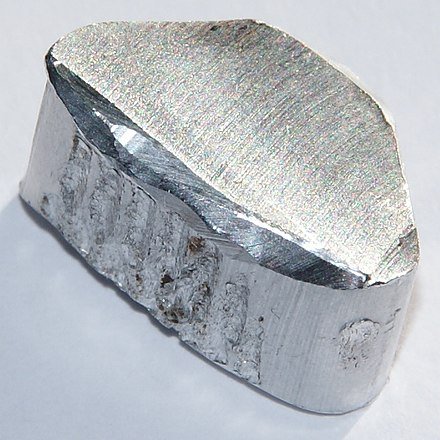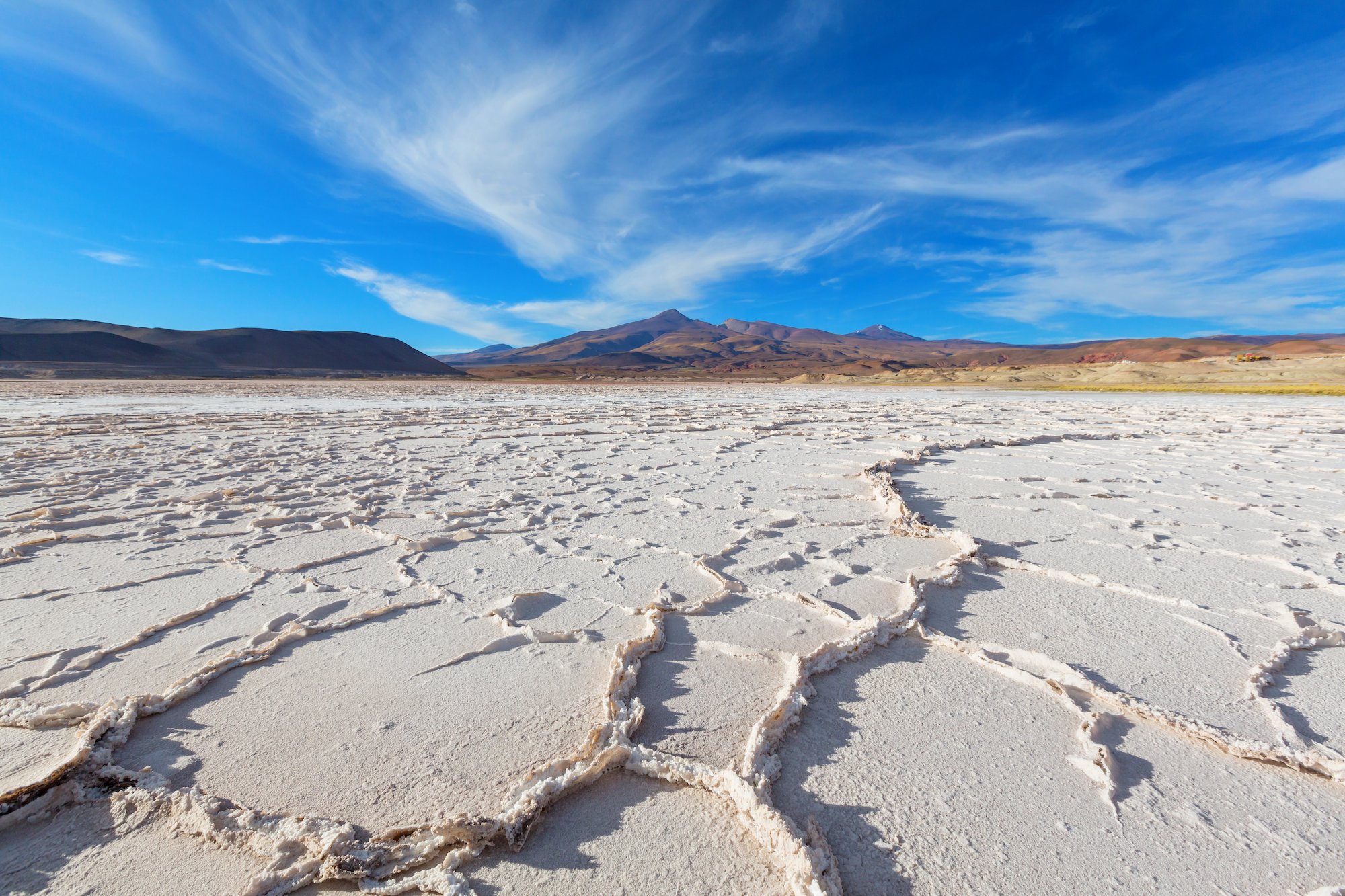There is wide agreement that climate change is upon us, and the principal question is no longer whether, but how painful the consequences of alteration of our climate will be. There is also wide agreement that making the transition away from carbon intensive energy systems will require unprecedented amounts of a long list of mineral products.
In the rush to develop these minerals, we cannot overlook the fact that minerals development in past eras has often been a source of great injustices, serious damage to the environment, and significant conflict. Frequently there is a great disconnect between those who reap great benefits from mineral development and those who experience its negative impacts.
Aluminum is made from bauxite
Aluminum
While there is much attention to critical minerals such as lithium, cobalt and the new, exotic materials such as rare earths, the reality is that the biggest challenge to the green economy transition may be aluminum. Aluminum is one of the most widely produced and used metals on earth. The body of new Tesla is made mostly from aluminum, and the same can be said of many ‘energy transition’ products.
Salt desert in the Jujuy Province, Argentina
Lithium
Given the importance of lithium in technologies needed for a transition to renewable energy, all the conditions are in place for a classic “mining boom” aimed at lithium. Therefore, it is critical to look carefully at the potential issues that may arise in rapid large-scale development of lithium, and how countries, such as Argentina, are prepared to face those challenges.
Art by The Wixárika - an indigenous group in Mexico
Indigenous Rights
The land occupied by Indigenous Peoples also contain much of the world’s untapped mineral wealth. The lack of clear recognition of indigenous rights, and the pressing need for more lithium, copper, aluminum and other minerals to feed the energy transition present all the ingredients of unjust and conflictive outcomes. These can not only represent further imposition on the rights of indigenous peoples, but can delay or even prevent access to the minerals needed for decarbonizing the world’s energy economy.





